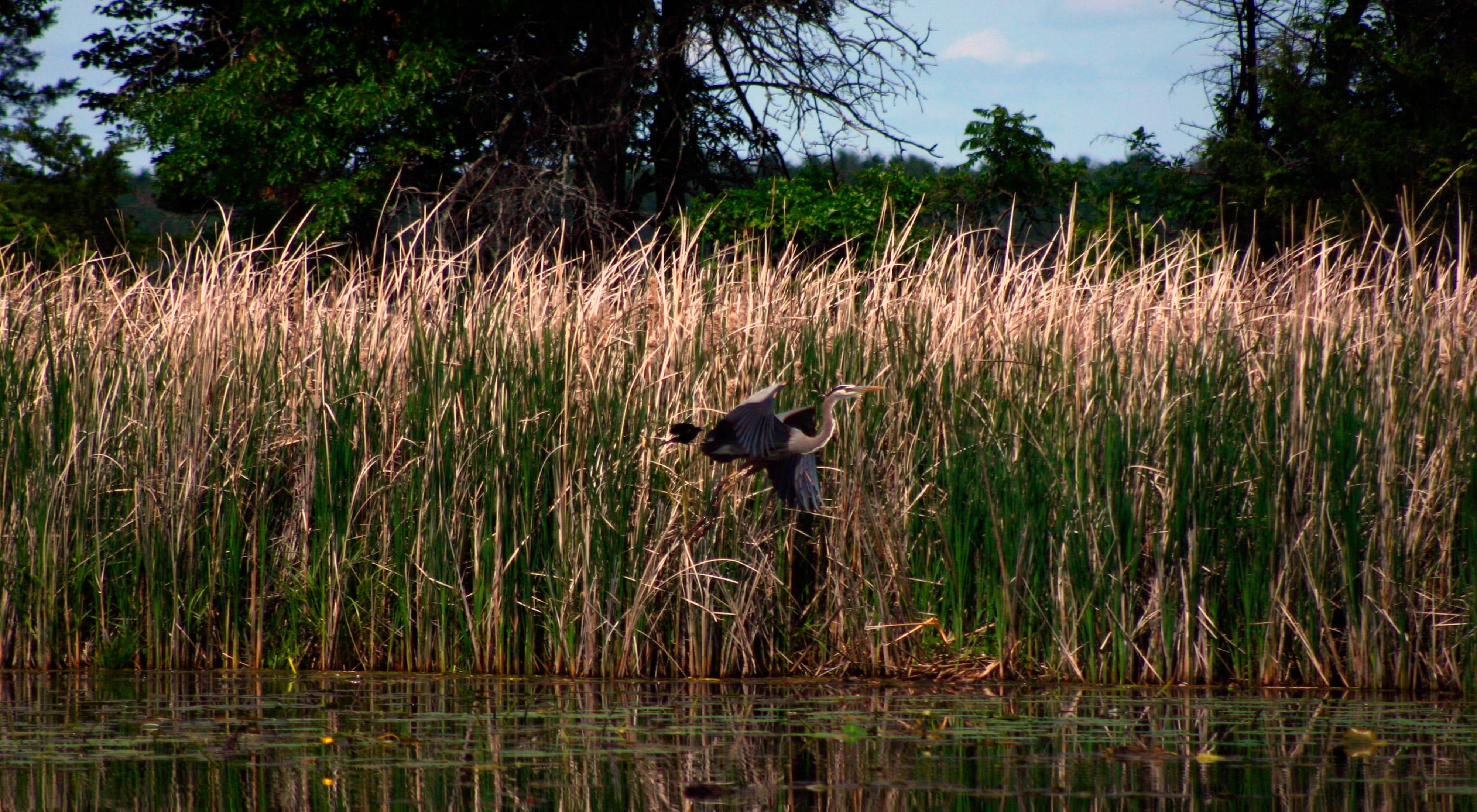Description
The Lake Alexander Preserve is centered in an 180,000-acre mosaic of mixed oak forest, wetlands, ponds and stands of red and white pine. The unfragmented nature of the preserve provides important habitat to songbirds dependent on the forest's interior. Old logging roads cross both the east and west units of the preserve and offer excellent hiking and birding trails for visitors. Also enticing are the fragrant water lilies that bloom in July in the marsh areas. The upland forest part of the preserve provides beautiful scenery as the leaves change color in the fall.
Location
North central Minnesota, Morrison County, near Cushing
Why the Conservancy Selected This Site
Natural resource managers at the Camp Ripley Military Reserve—53,000 acres bordering the Conservancy's property—have inventoried the Reserve's natural features and identified approximately 11,000 acres of virtually undisturbed habitat within its boundaries. Forest fragmentation is the biggest threat to biological diversity at Lake Alexander Preserve. While the preserve itself is protected and maintained, there are pressures on the entire natural area, primarily from incompatible logging practices, road and trail construction and the building of houses and cabins.
What the Conservancy Has Done/Is Doing
To help maintain the integrity of the forest, The Nature Conservancy purchased 1,570 acres in the three parcels near Lake Alexander, which have since been transferred to the Minnesota Department of Natural Resources and designated as a Scientific and Natural Area. The relatively unfragmented forests of the preserve and the nearby Camp Ripley Military Reservation and Pillsbury State Forest support the largest population of red-shouldered hawks in the state.
One of our key strategies to sustaining wildlife here is the creation of a forested corridor linking the forest at the Lake Alexander Preserve and Camp Ripley. We also plan to restore previously cleared lands within the preserve, acquire buffer lands and conduct research to better understand how the Lake Alexander Preserve functions within a larger ecoregional context. Finally, we will continue to pursue community-based strategies to encourage appropriate land management.
